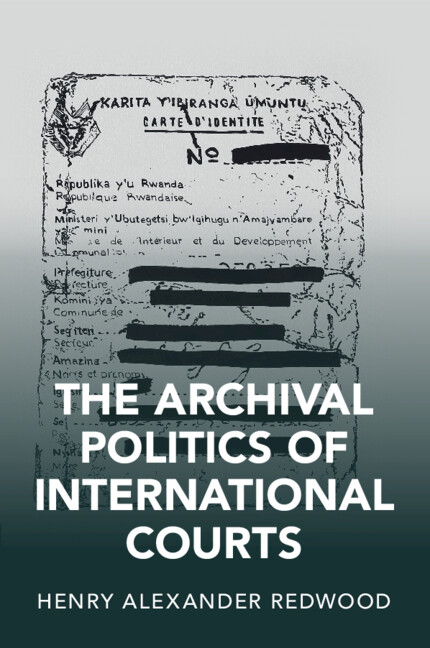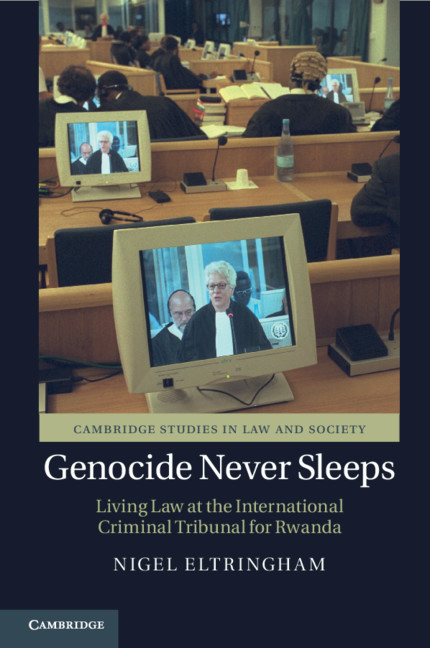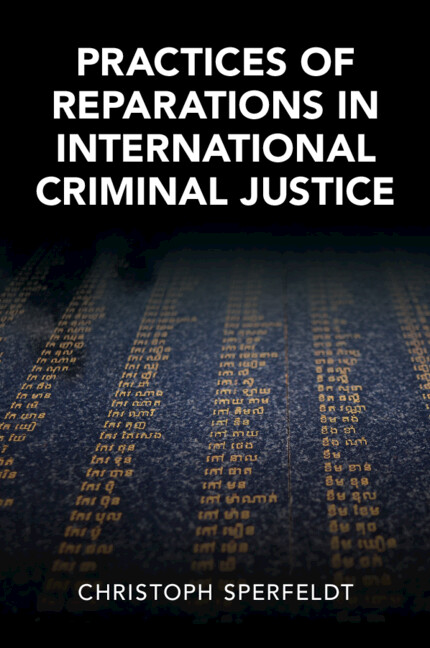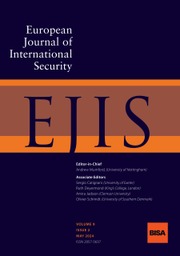The Archival Politics of International Courts
The archives produced by international courts have received little empirical, theoretical or methodological attention within international criminal justice (ICJ) or international relations (IR) studies. Yet, as this book argues, these archives both contain a significant record of past violence, and also help to constitute the international community as a particular reality. As such, this book first offers an interdisciplinary reading of archives, integrating new insights from IR, archival science and post-colonial anthropology to establish the link between archives and community formation. It then focuses on the International Criminal Tribunal for Rwanda's archive, to offer a critical reading of how knowledge is produced in international courts, provides an account of the type of international community that is imagined within these archives, and establishes the importance of the materiality of archives for understanding how knowledge is produced and contested within the international domain.
- Provides an interdisciplinary reading of the practice of international courts
- Provides the first sustained analysis of the archives produced by international courts
- Interrogates the relationship between international courts, archives, and the formation of the international community
- Detailed overview of the ICTR as an important institution of international criminal justice
Reviews & endorsements
‘Focusing on the paperwork produced by the International Criminal Tribunal for Rwanda, Redwood shows how paying attention to the materiality of the archive unearths understanding of anything from the shifting intentions of the trial to the different imaginings of the genocide and ideas of justice and community.' Tim Cole, Professor of Social History and Director of Brigstow Institute, Bristol University
‘In this masterful account, Henry Redwood dissects the complex social and political processes at play as diverse actors construct, interpret and deploy post-atrocity archives. Critiquing a literature that stresses the importance of judges and lawyers, Redwood illuminates the vital role of everyday Rwandan witnesses in the development of the ICTR archive. He brings the entire archival process alive, showing why these records of mass crimes matter – and why, decades after the conflicts in question, they remain so heavily contested.' Phil Clark, Professor of International Politics, SOAS University of London
‘Redwood’s book offers a thought-provoking and beautifully crafted way of looking at the politics of mass violence, the international legal system and record-keeping. With layered and nuanced insight, Redwood forges new academic ground, building a vision of the agential and material power of the archive and the procedural labours of international courts that construct meaning rather than simply reflect or react to the horrors of genocide. The book shows us how legal and archival practices constitute the ideas of community which shape our international system in unequal ways. This work is a brilliant and vital contribution to scholarship on the complex power of knowledge processes and the ideas they produce about violence.’ Hannah Partis-Jennings, Lecturer in International Relations and Security, Loughborough University
‘In this ground-breaking book, Henry Redwood shows, through a rich and detailed analysis of the ICTR, how a particular form of knowledge was produced that has implications for how we view international courts and their legacies. The book is a must-read for anyone interested in transitional justice, international law and politics and the production of historical memory.’ Rachel Kerr, Professor of War and Society, King’s College London
‘Dispelling the myth of neutrality that often accompanies the archives of international criminal courts, Henry Redwood’s meticulously researched monograph reveals archives to be dynamic sites of production, in which particular accounts of violence are constructed and certain imaginings of the international community are constituted. Focused on the International Criminal Tribunal for Rwanda, Redwood reveals the archive to be a highly contested political space where different actors bring distinct and often competing versions of justice and community to bare. This monograph is essential reading for anyone with even a passing interest in how law, knowledge and governance intersect within the practices of international criminal courts.’ Barrie Sander, Assistant Professor, Faculty of Governance and Global Affairs, Leiden University
‘This enlightening and path-breaking study of the ICTR’s archive will be of value to all those concerned with the possibilities and limitations of international criminal law. Redwood does an excellent job of showing how the tribunal’s archive, far from a neutral repository of the court’s response to Rwandan genocide, stands as a site in which shifting legal priorities and the politics of knowledge find powerful - and, at time, disturbing - display.’ Lawrence Douglas, Amherst College
‘This important and fascinating study of how the ICTR constructs “knowledge” of the Rwandan genocide offers a new perspective on international criminal justice. The book shows how international justice is both a constituted and contested field, and is crucial reading for academics and practitioners seeking new ways forward in this field.’ Kirsten Campbell, Department of Sociology, Goldsmiths College, University of London
‘The book is a detailed and engaging analysis of the archives produced by international courts that makes an important argument about the discursive construction of justice. It is a valuable contribution to the burgeoning critical scholarly literature on legal archives … [and] demonstrates the potential for further analysis in relation to other international legal contexts.’ Trish Luker, Frontiers of Socio-Legal Studies
Product details
November 2023Paperback
9781108948838
245 pages
230 × 150 × 15 mm
0.371kg
Available
Table of Contents
- 1. The politics of archival knowledge in international courts
- 2. The international criminal tribunal for Rwanda and its archive
- 3: The force of law
- 4. Contesting the archive
- 5. Reconstituting justice
- 6. Imagining community
- 7. The residual mechanism and the archive.








